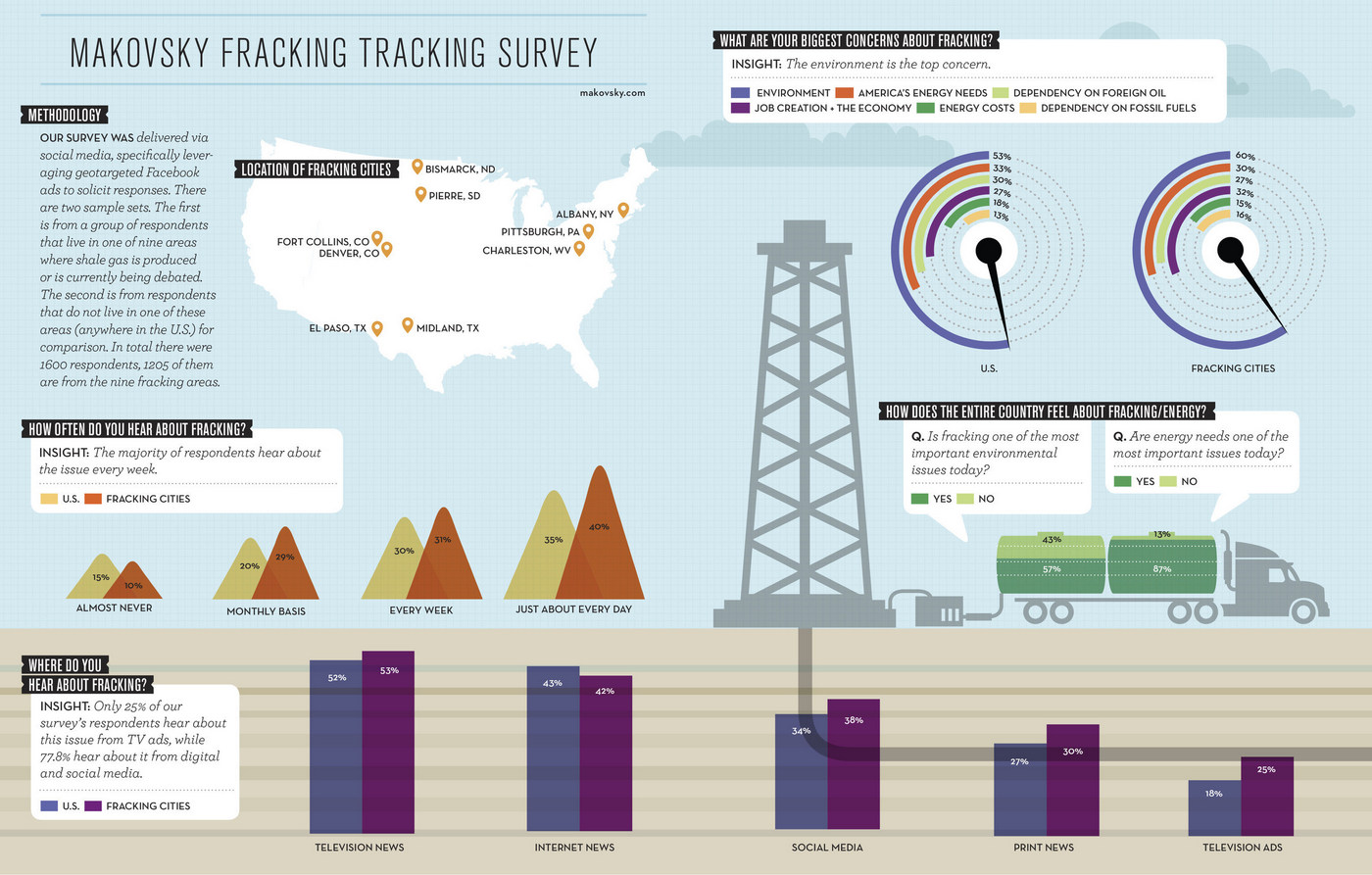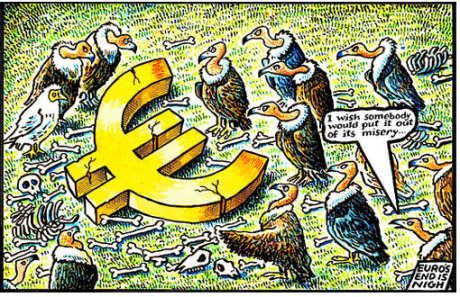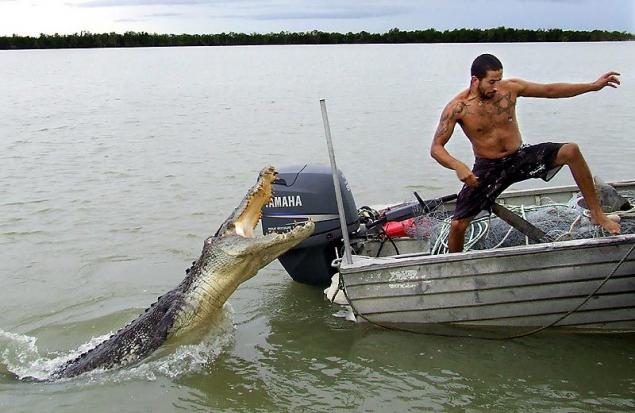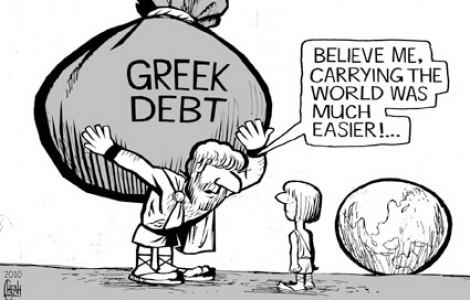
(Source : http://in-cyprus.com/quantitative-easing-redux/ )
On March 5 in Nicosia Cyprus the European Central Bank (ECB) announced the technical aspects of its much-anticipated Quantitative Easing programme, or QE.
Quantitative easing is, by some accounts, an unorthodox monetary tool. A central bank expands its balance sheet (roughly speaking, creates more money electronically), with the sole intent of buying eligible securities (i.e. high-rated debt instruments such as bonds) from selected issuers such as national governments and or intergovernmental agencies that are held by investors such as banks and pension funds.
QE: the Japanese experience
This particular monetary tool was first applied by Japan in 2001, in an effort to combat deflationary pressures in the country. In the early 2000s Japan was still reeling from the Asian Tigers crash of 1997, caused by an overexpansion of the banking sector that created asset bubbles, such as in real estate.
As these countries’ currencies collapsed in value vis-à-vis the Japanese yen, this pushed prices down and created deflationary pressures in the country.
The initial response by the Bank of Japan (BoJ) was to cut lending rates close to zero, but that proved ineffective. Timidly in 2001 the BoJ began the first modern QE programme. The rationale was that, if a central bank buys government debt from private banks and pension funds in ample amounts, these organisations flush with money will proceed to invest that in the economy, thus countering the effects of deflation and economic stagnation.
Initially, as the BoJ bought only small amounts of debt, QE proved to be ineffective, forcing the bank to stop applying the measure altogether.
With the election of Prime Minister Shinzo Abe in 2012, the country revisited QE – only this time the programme was far more substantive in scope. Benefiting from the reduced interest burden to its debt, the government embarked on a massive public spending spree in productive ventures, coupled with market-oriented reforms.
Abe’s brand of economic governance (dubbed Abenomics) was welcomed by market participants and is credited with turning the tide of the ailing Japanese economy that was stagnant for almost a decade.
The same measure was applied by the US and the UK at the onset of the 2008 financial crisis. QE’s effects are debatable. Critics say it is a policy of “let’s just do it because we can’t come up with a better idea”. This is a preconception that applies almost 100% to the eurozone.
Will the eurozone’s QE work?
The ECB announced its own brand of QE called the Public Sector Purchase Programme (PSPP) in early 2015, announcing details in Nicosia on March 5. The intention is to purchase close to €60 billion in securities per month till at least September 2015.
As with Japan, the eurozone is faced with deflation and anaemic growth (colloquially known as stagflation). The measures applied so far by the ECB – namely the Asset Backed Securities purchase programme, the (still to be launched) outright monetary transactions (OMT) programme, the long-term and targeted refinancing programmes known as LTRO-TLTRO and the securities market programme (SMP) – did little to avert stagflation.
Therefore, in the absence of better ideas, the ECB embarked on its own QE.
However, the devil is in the details. Quite unlike Japan, where the government was free to spend at will, eurozone countries are bound by the restrictive treaty-based Stability and Growth Pact criteria limiting their public deficit to 3% of GDP (for reference the Japanese deficit in 2014 was estimated at 7.6%). Therefore a public-sector spending spree is effectively out of the question.
Then there is the question of whether banks which sell their bond holdings to central banks will use that money to make credit affordable to the private sector, and in particular to non-financial, non-real estate corporations.
The UK and the US experience with QE shows that such a thing did not happen and sadly this is where increased government spending (either direct or in the form of guarantees) is needed to fill in the gap.
To date the only thing that seems to have been achieved by ECB’s QE is to drive down the price of the euro vis-à-vis other currencies. The euro dropped from 1.3945 per dollar a year ago to 1.0557 by mid-March, or by 24% year on year. This will undoubtedly make European products more attractive abroad. However, countries in recession are unlikely to benefit as they do not export much in any case.
It is still too early to judge the ECB’s QE, as the programme is just a few weeks old. The ECB launched the PSPP programme on March 9. The ECB’s weekly aggregate balance sheet (the sum of the balance sheets of all central banks participating in the euro) reveals that securities purchases increased by €31 billion in the two weeks from March 9 to March 20. In this respect, the ECB seems close to capturing its intended target of €60 billion in asset purchases per month.
Cyprus shut out of the QE programme
As noted by the Central Bank of Cyprus Governor Chrystalla Georghadji, QE programme requirements mean that a country whose credit-worthiness is rated below investment grade by all credit agencies and which is under an adjustment programme can benefit from the PSPP programme only if the Troika positively concludes its review.
In this respect Cyprus is effectively shut out of the PSPP programme as, at the time of writing, the MPs had ignobly resisted voting in the new foreclosures framework which has been a requirement of the bailout programme’s Memorandum of Understanding since its first draft in late 2012.
According to the Central Bank governor, the Cyprus banks could potentially benefit by as much as €500 million from the programme.
Related Posts
72
Greece could take a risky step into the unknown tomorrow if it misses, as expected, a 1.5 billion euro debt payment to the International Monetary Fund. For the moment, credit rating agencies though would not declare Greece officially "in default" on its debt, because the missed payment is to an…
Tags: government, country, will, debt, economy, ecb
71
(Source http://www.independent.co.uk/news/business/comment/david-blanchflower/david-blanchflower-we-should-fear-deflation--not-welcome-it-9986726.html ) The UK isn’t in deflation yet. While central bankers know what to do about stopping inflation, they don’t know what to do about halting deflation. The Swiss National Bank last week abandoned its attempt to defend a currency floor, which caused a sharp appreciation in its currency, which…
Tags: eurozone, economy, bank, central
63
Greek debt tracker As the government in Athens haggles with its lenders over economic reforms,Greece is running out of money. Here is what it owes in the upcoming months. http://www.ft.com/ig/sites/2015/greek-debt-monitor/
Tags: debt, government, economy
62
Follow up of my post on BIG COMPANIES NOW HAVE A HAND IN THE COLLABORATIVE ECONOMY Here is one picture.
Tags: economy
62
http://www.teslamotors.com/sites/default/files/blog_attachments/gigafactory.pdf
Tags: economy







